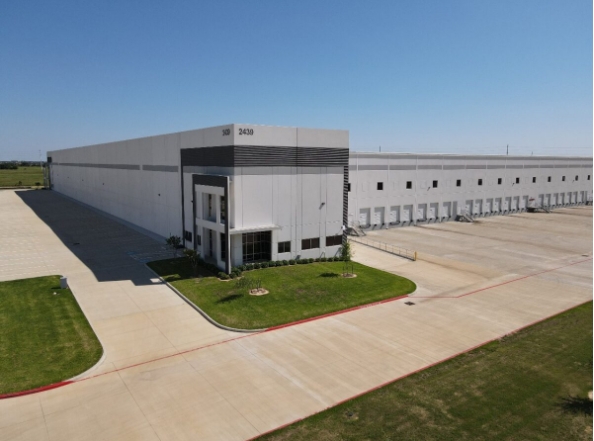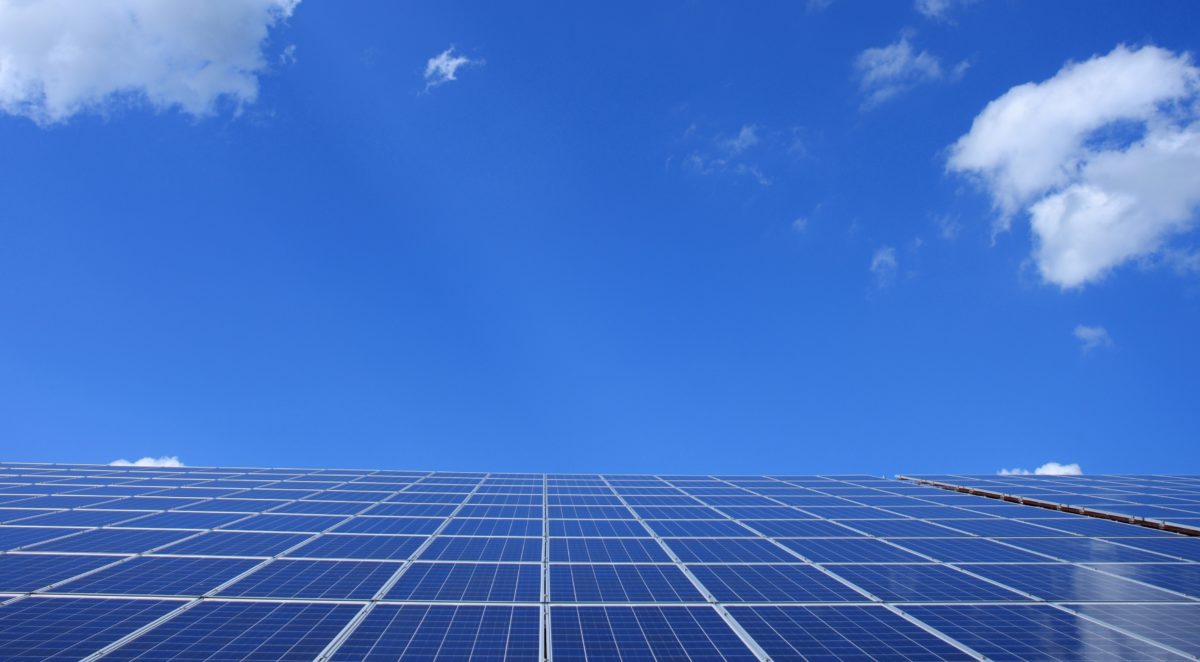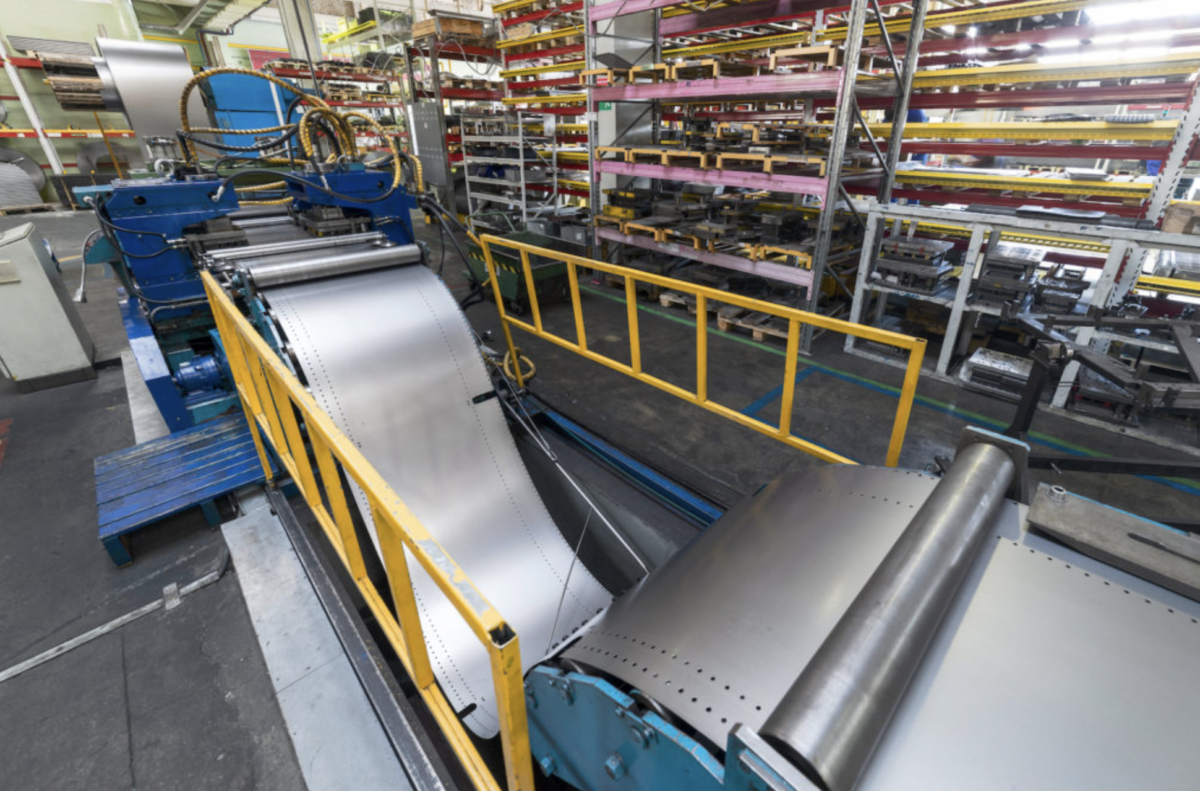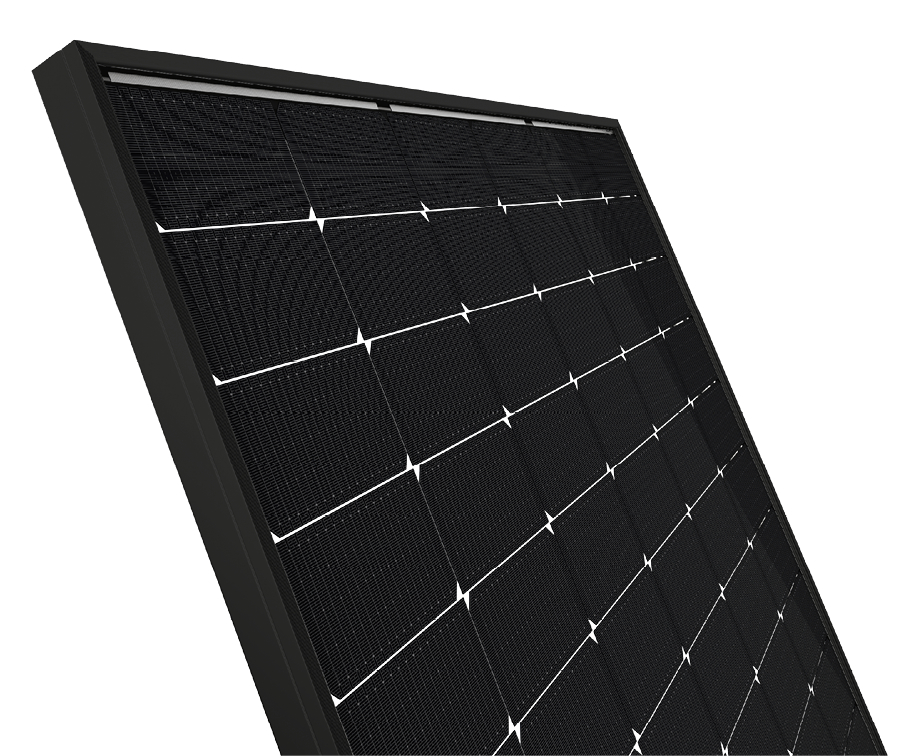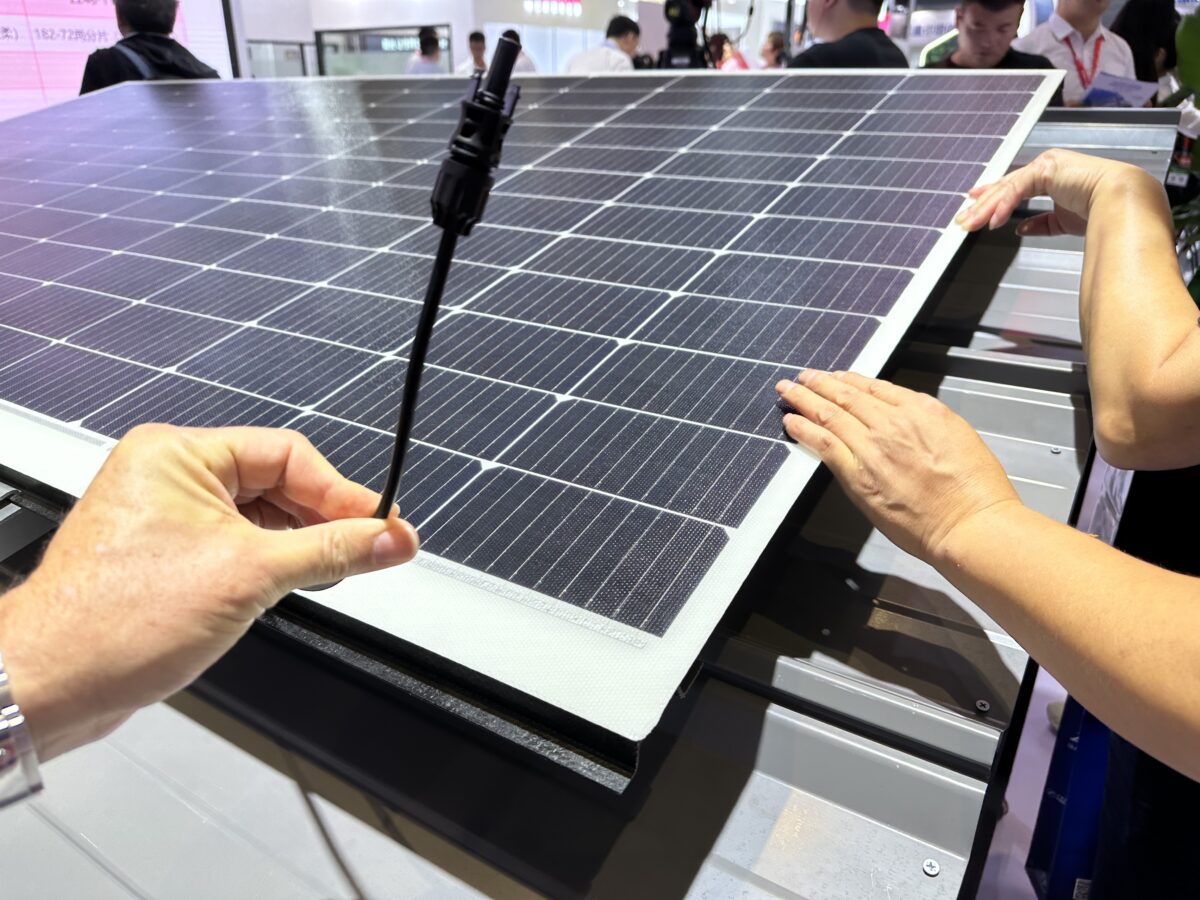The government kicked off the tendering procedure on 5 December by issuing a pre-qualification questionnaire (PQQ). The PQQ was expected to be published by the end of this year after the Maltese government said in a consultation document related to the country’s Budget 2025, issued this September, that it was working on launching the pre-qualification.
The floating wind farm is planned to have an installed capacity between 280 MW and 320 MW and to be built at an offshore site beyond the territorial waters of Malta which will be within an area to be declared by Malta as its Exclusive Economic Zone (EEZ).
The now-published PQQ outlines the details of the project and the procurement and allows interested parties to demonstrate their technical and financial capabilities. This information will then be used to shortlist the highest-ranking companies for the next stage, according to the Maltese government, which will select only the top five candidates to proceed to the subsequent tender stage, if more than five prequalify.
The next stage is the Invitation to Participate in Dialogue (ITPD), through which the selected candidates will submit initial proposals that will serve as a basis for discussions.
Following the dialogue phase, the Best and Final Offer (BAFO) state will be launched when the government invites the shortlisted candidates who qualified in the PQQ stage to submit a final offer for the project, including a detailed technical and financial offer, and subject to the terms and conditions that will be set out in the invitation to tender. Only the offers submitted during the call for Best and Final Offer will be considered binding offers, according to the PQQ documentation.
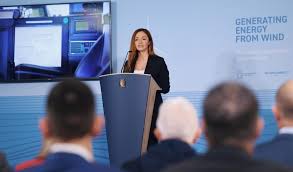
Minister for Energy Miriam Dalli at the launch of Malta’s first offshore wind tender; Photo: The Government of Malta
During the announcement of the launch of the country’s first offshore wind tender on 5 December at Forst St. Angelo, Malta’s Minister for Energy, Miriam Dalli, said: “This project is not only crucial for energy generation but will also have a positive environmental impact. It addresses Malta’s space limitations in a sustainable manner. Unlike other proposals discussed in the past, this project has been meticulously planned”.
“Malta is taking the lead in achieving this goal, having united Mediterranean countries to establish this principle”, said the minister.
The country’s Prime Minister Robert Abela said the launch of the public call was “a crucial step from words to implementation” and that the floating wind project will enhance Malta’s energy diversification and increase the use of renewable energy.
“This technology continues to evolve, and our country is ready to shape a sustainable future”, said Robert Abela.
